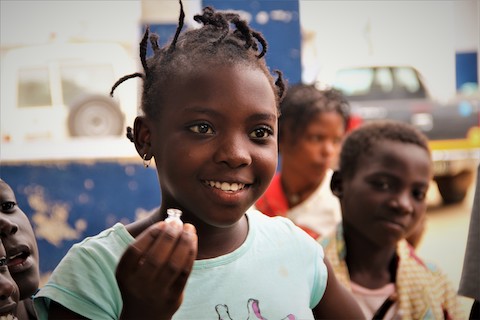Global childhood immunization coverage saw a significant setback in 2023, with an additional 2.7 million children un- and under-vaccinated compared to pre-pandemic levels in 2019, according to recent data from the World Health Organization (WHO) and UNICEF. The figures underscore an urgent need for catch-up efforts and system strengthening to bridge the widening immunization gap.
Catherine Russell, UNICEF’s Executive Director, stressed the critical need for global efforts and investments in primary healthcare to ensure every child receives necessary vaccinations. The data indicated that the number of children receiving three doses of the DTP (diphtheria, tetanus, and pertussis) vaccine stagnated at 84%, with 14.5 million children missing their first dose.
More than half of these unvaccinated children reside in fragile settings, where they are highly susceptible to preventable diseases due to disrupted health services. Despite some strides in vaccination efforts, global immunization coverage has yet to rebound to 2019 levels, hampered by persistent challenges such as healthcare service disruptions, vaccine hesitancy, and inequities in access.
The report highlighted that measles outbreaks, fueled by low vaccine coverage, have affected 103 countries, underscoring the urgent need for enhanced immunization initiatives. On a positive note, the HPV (human papillomavirus) vaccine coverage improved, particularly in Gavi-supported countries, with 27% of adolescent girls globally receiving the vaccine in 2023.
Achieving the targets set by the Immunization Agenda 2030 requires increased investment in innovation and collaboration, alongside strong political and community support. Strengthening healthcare systems and addressing barriers to vaccine access are paramount to ensuring all children are protected against preventable diseases.

